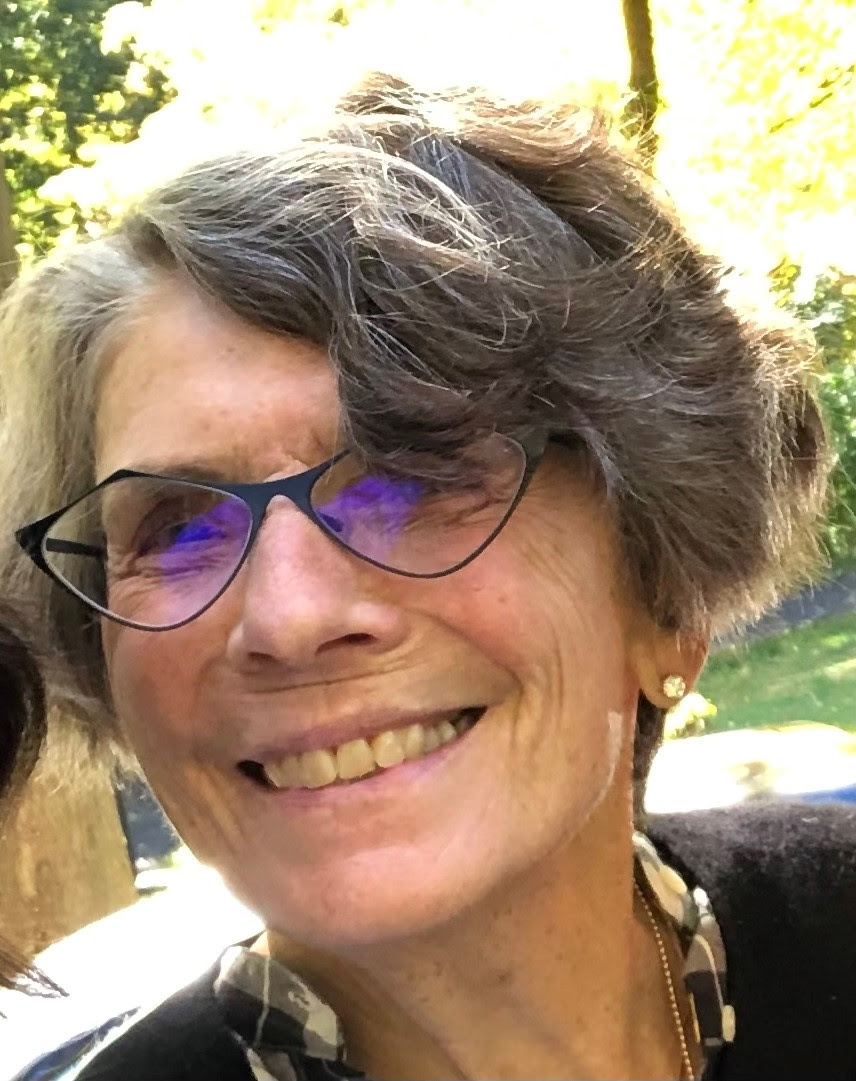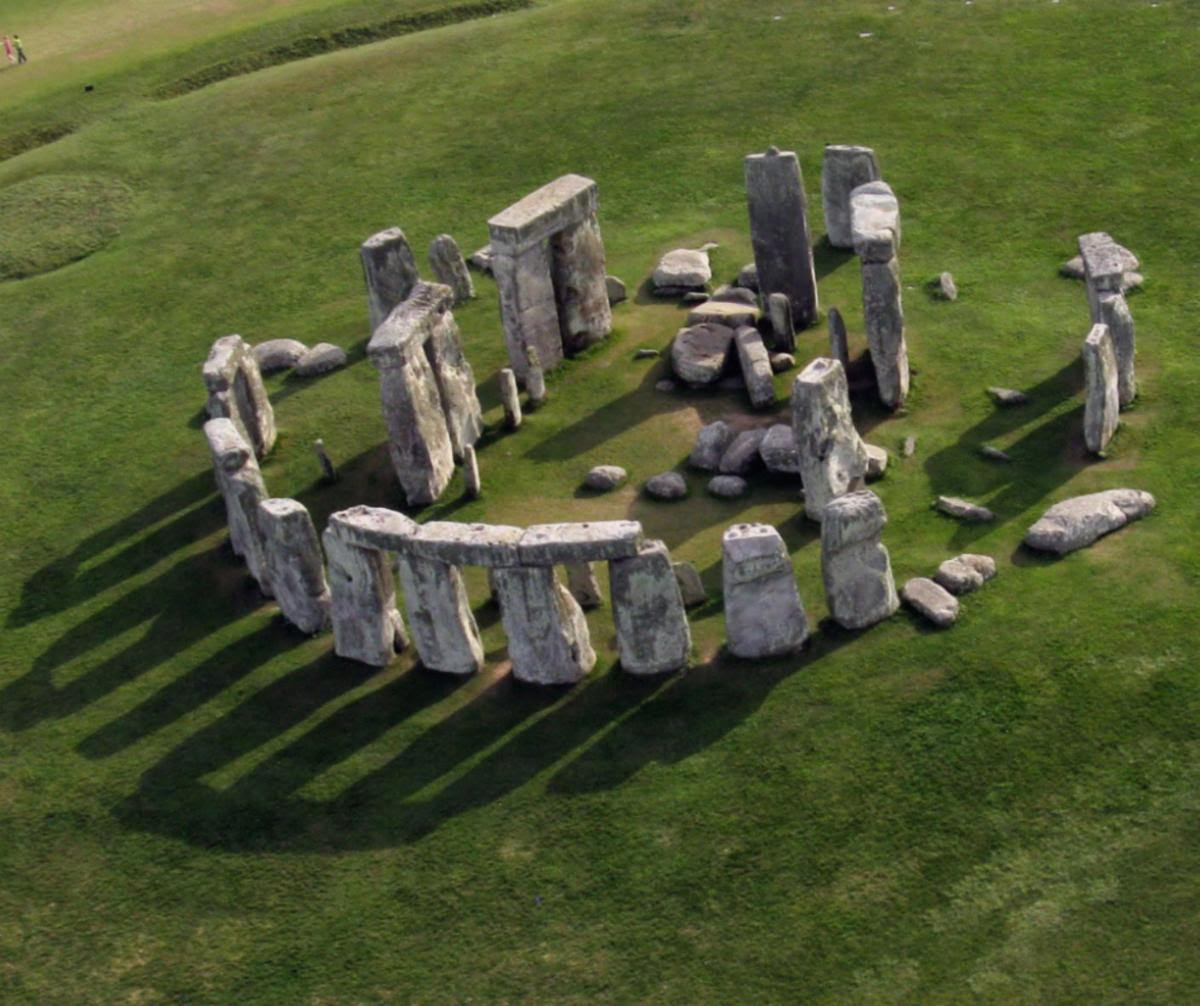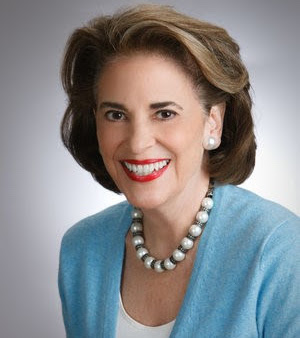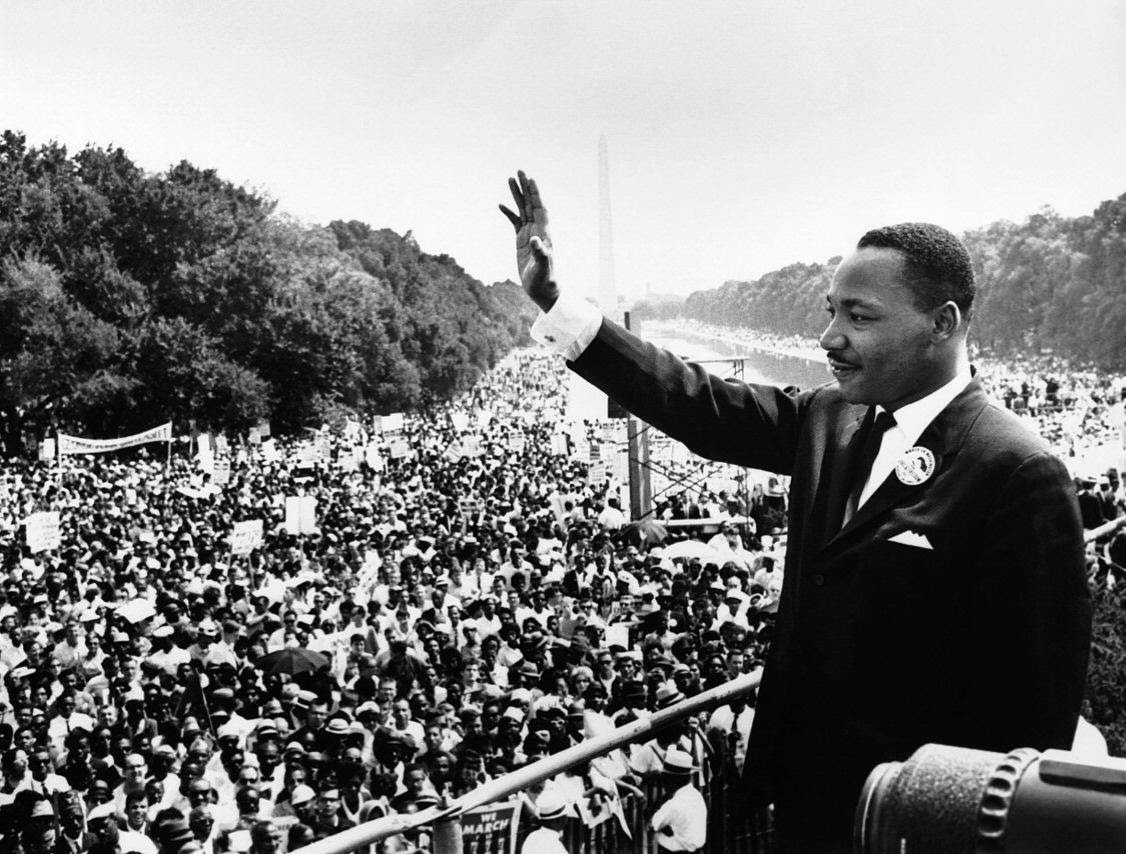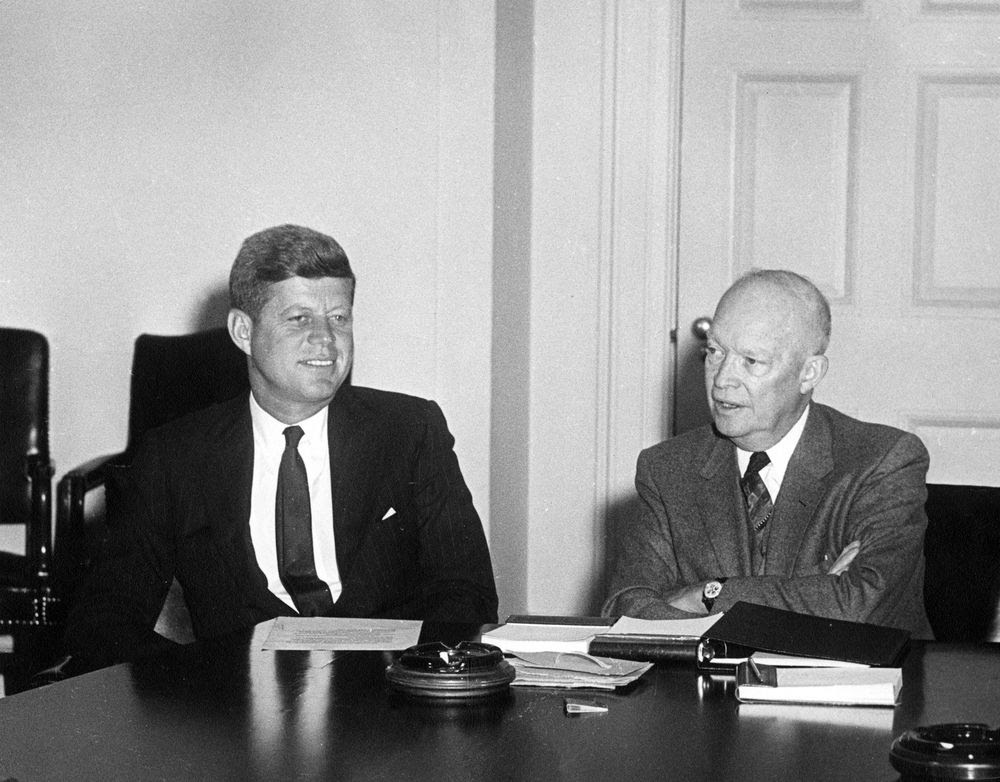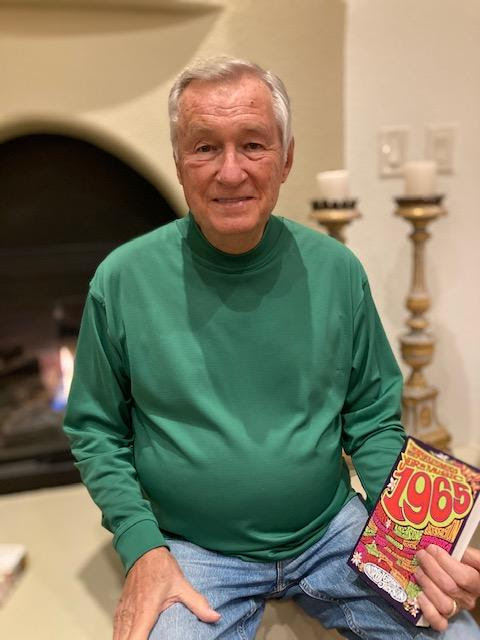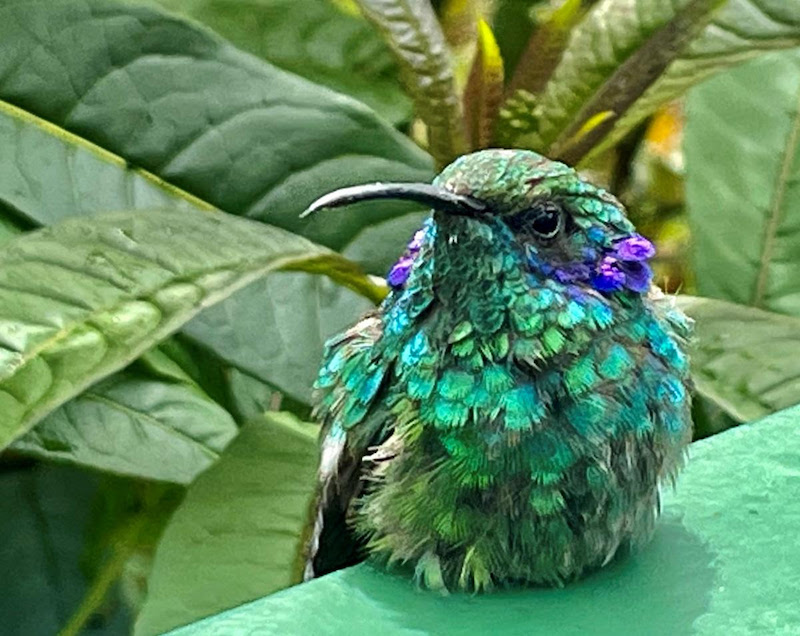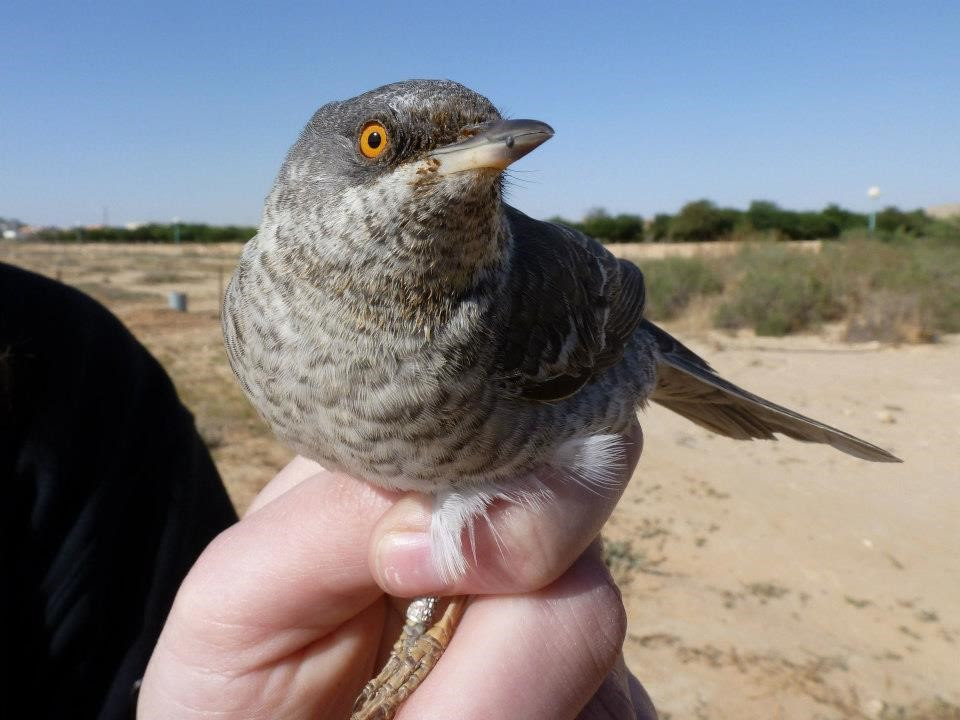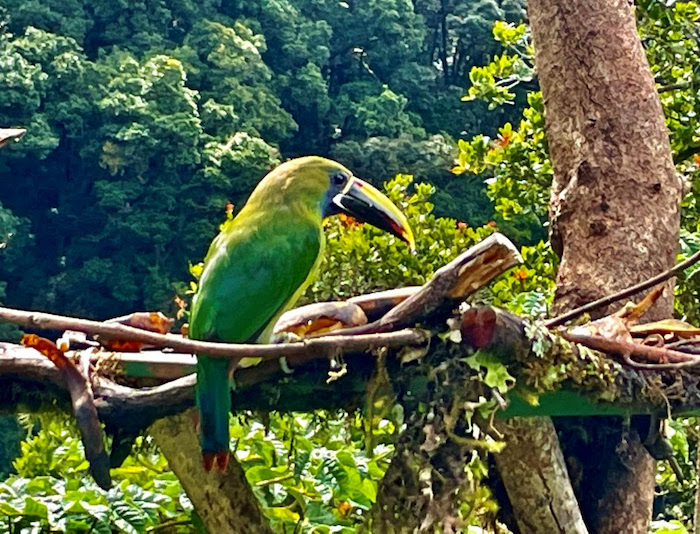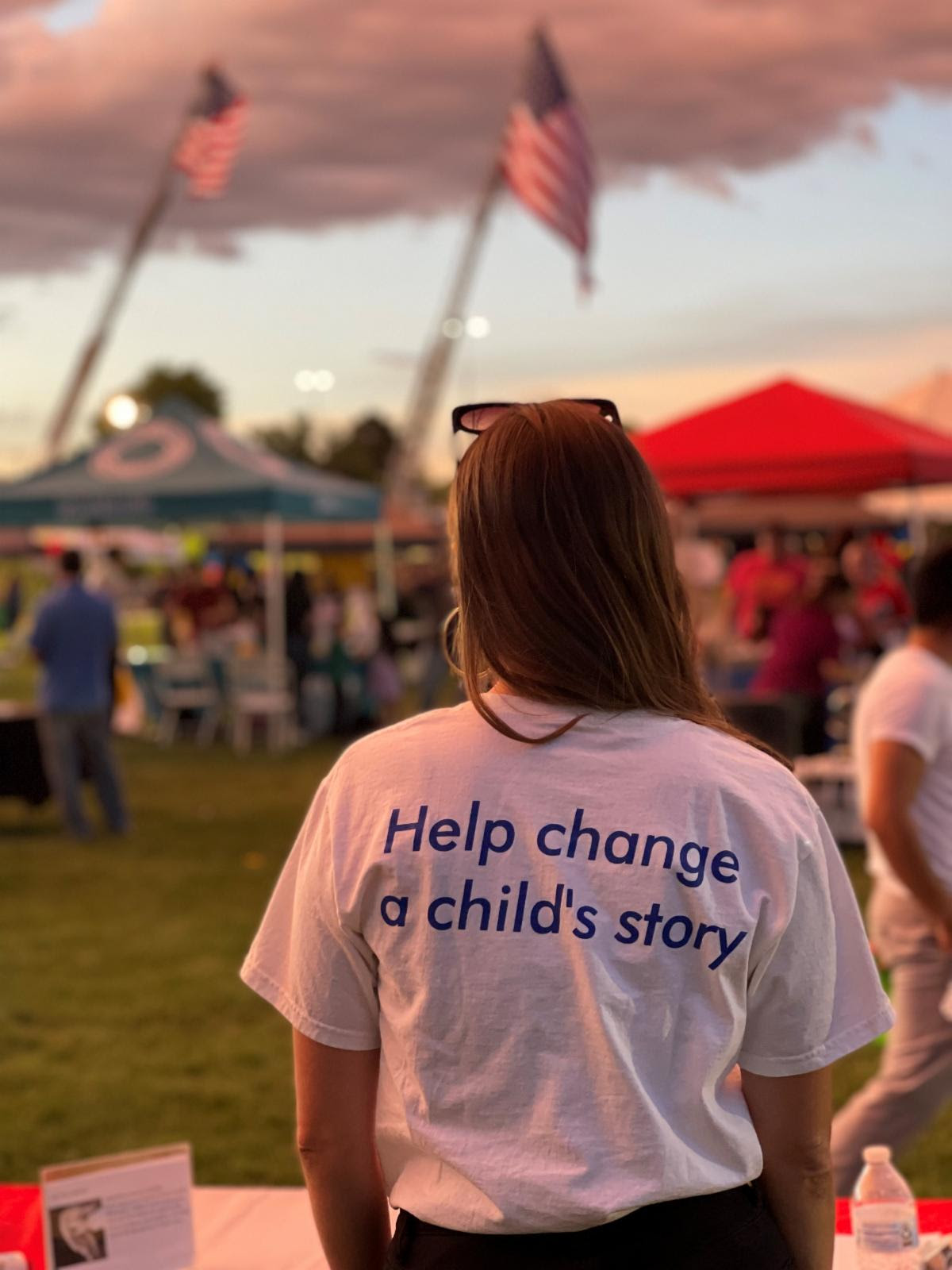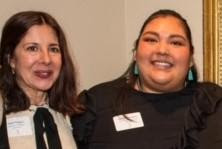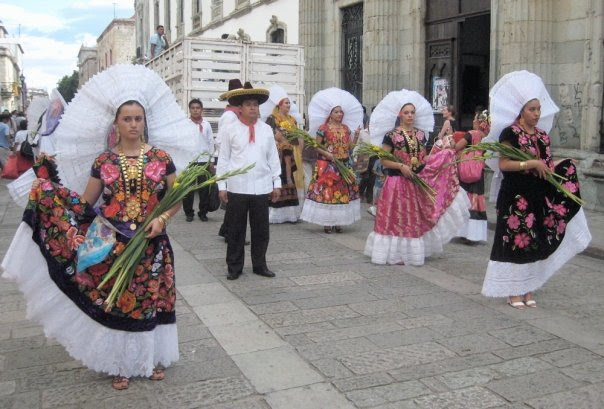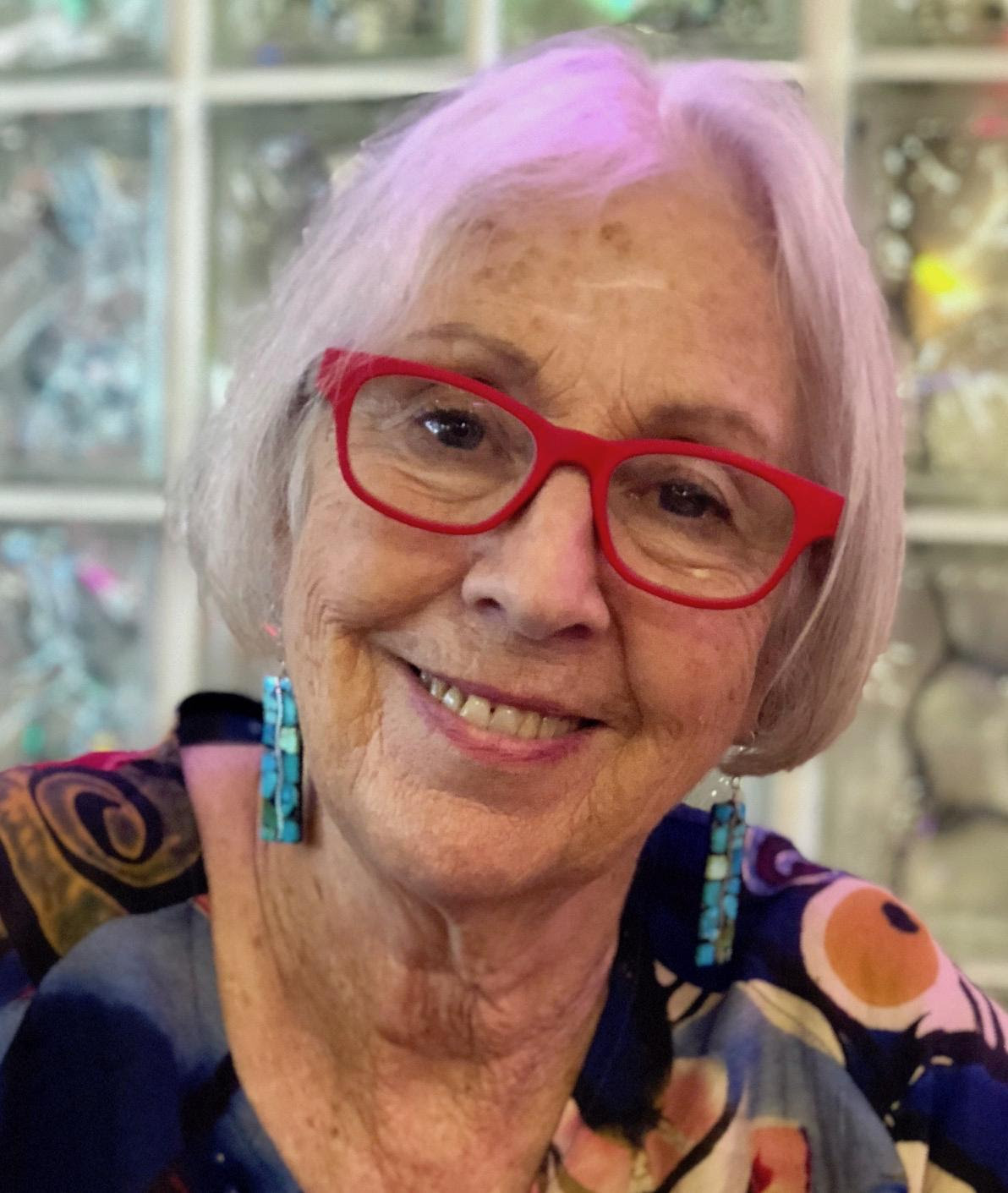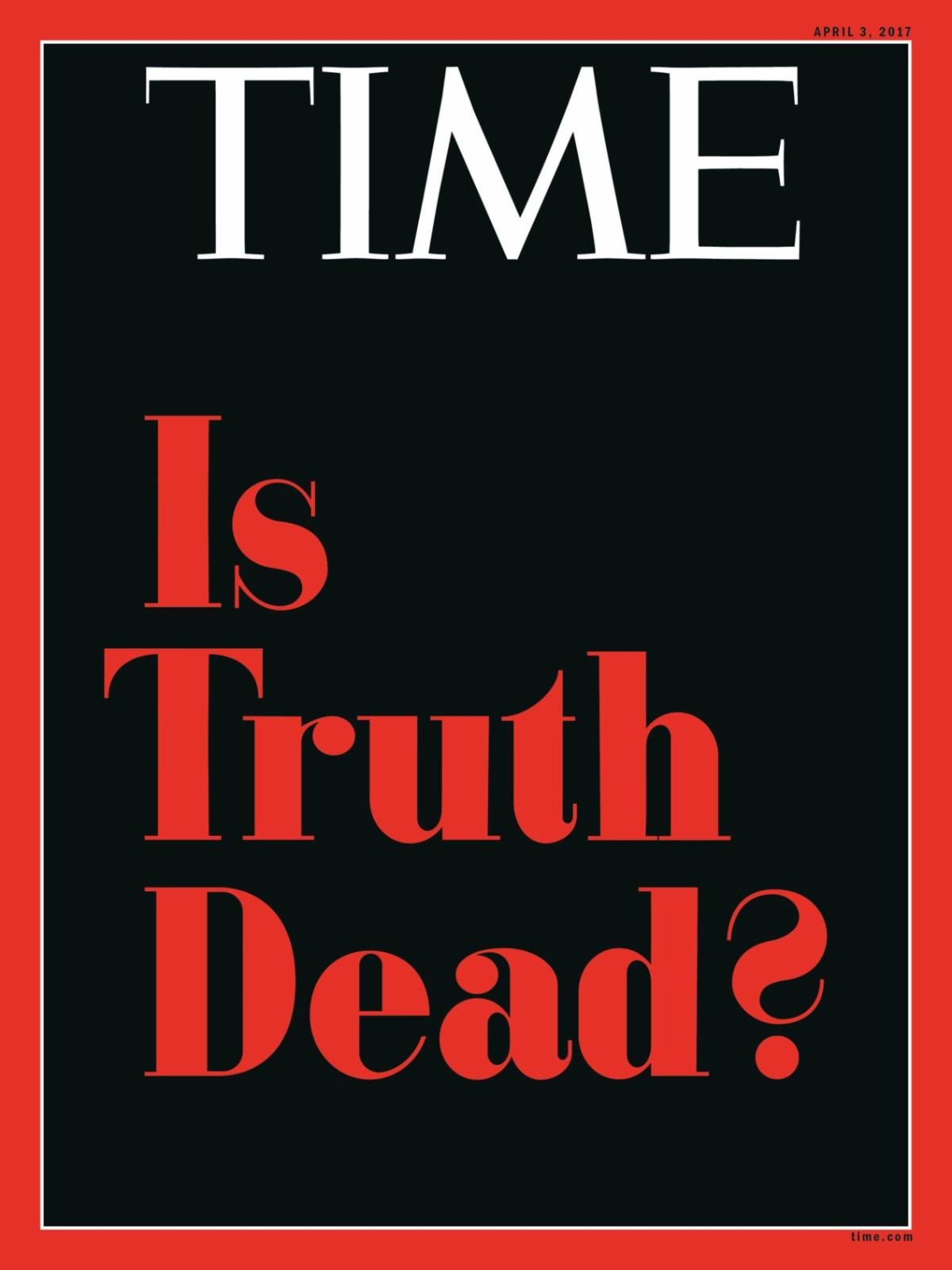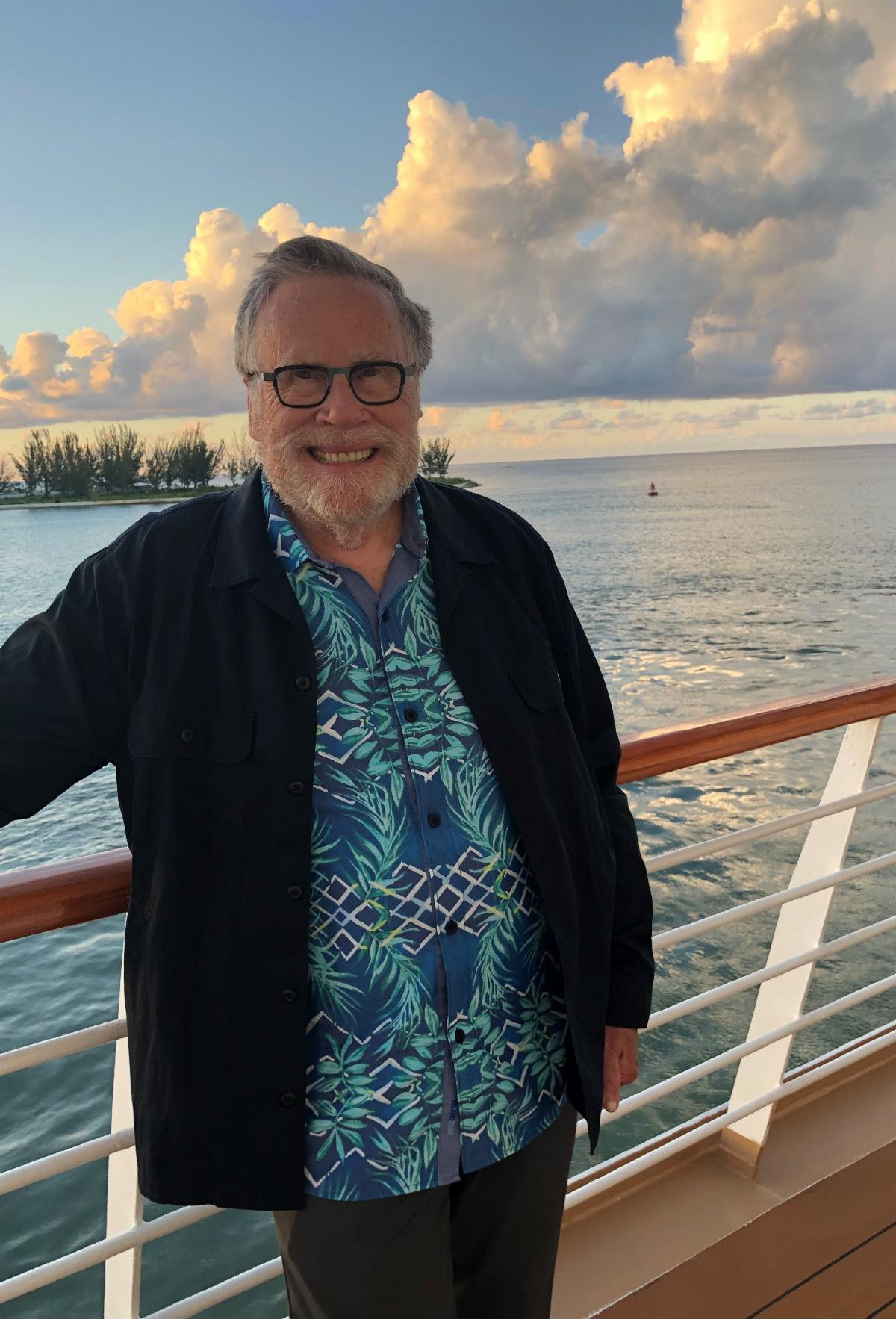PHIL S23-01 (In Person) or
PHIL S23-01-Z (ZOOM): The Ethics of Living and Dying with Medical Technology
Caroline Burnett
Mon, Apr 10, 17 10 am–noon
Hybrid (In-Person or ZOOM) $40
Medical technology often saves or improves life. but it can also harm or end life. Is there a moral obligation to use technology? Should there be limits to when or how we use medical technology? How can we develop a meaningful stance toward technology?
Answering these questions requires careful analysis. This class explores the history of medical technology, the goals of its creators, and the expectations of its users. It also helps students identify and assess potential benefits and harm to better evaluate treatment choices.
Caroline Burnett holds a BS and MS in Nursing, as well as a ScD in Health Services Research from Johns Hopkins University School of Hygiene and Public Health. She has done extensive research and focused her clinical practice on the ethics of health care decision-making, informed consent, and advance care planning. Burnett is a Board Member of St. Vincent Hospital Foundation.
CS S23-02 (In-Person) or
CS S23-02-Z (ZOOM): The Shape of Thinking Through Time
Lois Stark
Mon, Apr 10 1:00-3:00 pm
Hybrid (ZOOM or In-Person) $20
Shape itself can help us read the past and glimpse the future. A web shape summarizes migratory humans’ worldview, imitated in round thatched huts, kivas, and Stonehenge. A ladder mindset arose with urban humans, reflected in structures from pyramids to skyscrapers. Today networks master our lives.
What’s next? From web to ladder, network to next, we shape our world; then it shapes us.
Lois Farfel Stark (BA, Sarah Lawrence; MEd, Boston University; MA Communications, American University) produced and wrote documentaries for NBC News; filmed in Africa, the Middle East, Europe, and Cuba; and independently made films covering architecture, medical research, globalization, and social issues. Awards for her films include an Emmy and two CINE Gold awards. Her book The Telling Image: Shapes of Changing Times won a Gold Nautilus Book Award, Grand Prize from Next Gen Book Awards, and a Gold National Indie Excellence Award. Her TEDx talk is titled Shape: Hiding in Plain Sight.
CS S23-04 (In-Person) or
CS S23-04-Z (ZOOM): Chaos, Tragedy, Transition: The ’60s in America
Allen Stone
Wed, Apr 12, 19, 26 1:00-3:00 pm
Hybrid (ZOOM or In-Person) $60
The 1960s was the decade that never rested—inaugurating our youngest President, pledging to reach the moon that decade, assassinating our leaders, meeting the Beatles. Everyone gets the right to vote, rock music controls the airways, LBJ quits, and Nixon is hired.
In this course, the instructor will look at the good and the bad, and probe the issues that continue to confound us. The first session will focus on the road from Eisenhower to Nixon and changing times. The second session will look at war and violence at home and abroad, and explore four pivotal figures: JFK, MLK, RFK, and Malcolm X. The last session will look at New Mexico in the 1960s and national changes in the national media, culture, and music.
A native of Dallas, Texas, Allen Stone was in high school the day JFK came to town. His experience of JFK’s assassination led to a 45-year career in broadcast journalism. Stone has won three Dallas Press Club awards. In 2003-2004, his team won the Dupont-Columbia Journalism Award for work on the 40th anniversary of the Kennedy Assassination. Allen also spent time in sports broadcasting as the lead play-by-play announcer for the NBA Dallas Mavericks and for Southern Methodist University (SMU). Allen and his wife Mary have lived in Santa Fe since 2019. They’re not leaving.
SCI S23-01: Bird Migration on Two Continents
Janie Chodosh & Lenny Gannes
Mon, Apr 17, 24 1:00-3:00 pm
In-Person $40
Bird migration is an amazing feat of directional control, cooperation, and endurance.
In this course’s first session, Dr. Lenny Gannes will speak about the incredible migration of birds through Israel. In the second session, author Janie Chodosh will speak about neotropical migratory birds who breed in North America and winter in Central and South America.
Lenny Gannes (PhD in Ecology & Evolutionary Biology, Princeton) heads the Santa Fe Community College Department of Biology.
Janie Chodosh, field naturalist, environmental educator, and writer, has studied birds in Central and North America. Janie and Lenny share a love of birds and awe for the miracle of bird migration, which has led them to different parts of the world to learn about, watch, and study birds.
ENC S23-11: CASA First: Mitigating the Impact of Childhood Trauma and Advocating for Children in Foster Care
Annie Rasquin & Veronica Krupnick
Tues, Apr 18 10:00 am-12:00 noon
In-Person $20
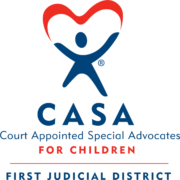 Founded in 1977, CASA First (Court-Appointed Special Advocates, First Judicial District) has advocated for thousands of foster children from Santa Fe, Rio Arriba, and Los Alamos counties.
Founded in 1977, CASA First (Court-Appointed Special Advocates, First Judicial District) has advocated for thousands of foster children from Santa Fe, Rio Arriba, and Los Alamos counties.
Executive Director Annie Rasquin will introduce CASA First’s CASITA
Program, including information on newborns, infants, and toddlers in care; early trauma symptoms; and ways to mitigate and create opportunities for success. In the second half of the session, Youth Mentorship Advocacy Peer Support Program Coordinator Veronica Krupnick will focus on the needs of older youth in foster care, highlighting those at risk of aging out.
This presentation will help students identify and understand trauma symptoms and gain skills in creating resilience in children of all ages.
Executive Director Annie Rasquin (LISW) has worked in public service in Santa Fe and rural New Mexico for over two decades. She began her career in emergency medicine as a Paramedic Firefighter with the City of Santa Fe. Annie has worked for the past 15 years in early intervention and behavioral health specializing with trauma impacted children and families.
Youth Mentorship Advocacy Peer Support Program Coordinator Veronica Krupnick (member of the Hopi Tribe of Arizona) is a social work graduate student, and an advocate for youth in care, specifically in tribal communities.
ART S23-08: Textile Fiestas of Mexico
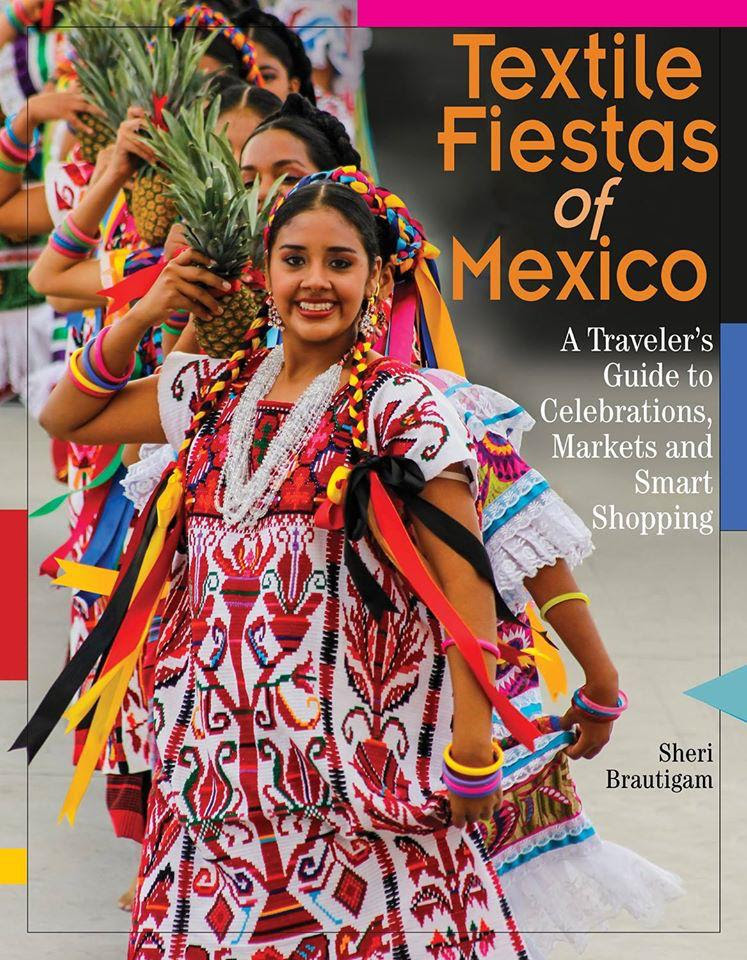 Sheri Brautigam
Sheri Brautigam
Tues, Apr 18 3:15-5:15 pm
In-Person $20
This course will follow the format of Sheri Brautigam’s guidebook, Textile Fiestas of Mexico, that explores the most popular celebrations and artisan fairs in the Mexican states of Michoacan, Oaxaca, and Chiapas.
The course will introduce students to traditional textiles still produced by skilled artisans, textiles that are important indicators of their indigenous identities. The instructor visited these fairs over a five-year period. With her guidance and countless images of places, people, and textiles, the student will experience the culture, dances, ceremonies, and markets of these beautiful celebrations. Let’s GO!!
Sheri Brautigam (MA, Teaching Language) began her adult education studying Latin American History in Mexico City, where her passion for Mexican culture and textiles began. Sheri had a textile design studio in San Francisco for 20 years and taught marketing and design to other textile artists.
After moving to New Mexico 30 years ago, Sheri embraced interests in travel and collecting and taught English as a Second Language for Adults at SFCC. She received an English Language Fellowship with the US State Department and trained Mexican English teachers in Central Mexico. During this four-year period, she rediscovered traditional Mexican textiles. Sheri is eager to share her journey.
PHIL S23-02 (In Person) or PHIL S23-02-Z (ZOOM): Truth: Yours or Mine?
George Duncan
Mon, Apr 19, 26 10 am–noon
Hybrid (In-Person or ZOOM) $40
From about age 3, kids realize that no one can read their minds, so kids sometimes choose to lie. As adults, we are bombarded with information conveying various shades of truth and untruth. We believe that truth matters–is morally right, is the golden guide for scientists, and is evidence for rational decision making. Yet beliefs and feelings seem to dominate truth, certainly in politics?
Why is to so hard to discern truth from falsehood? Has postmodernism wrecked the notion of objective truth, so that my truth may be radically different from your truth?
George Duncan, Emeritus Professor of Statistics and Public Policy at Carnegie Mellon, is a Fellow both of the American Statistical Association and the American Association for the Advancement of Science. He is on the Board of the Museums of New Mexico Foundation and the Center for Contemporary Art, as well as on RENESAN’s Curriculum Committee. He has taught at RENESAN about the impact on our lives of torrents of information—some of it truthful and some of it not.


